FORT SAM HOUSTON, Texas -- While most of the health-care world is geared toward treating disease and illness, one Army medical specialty is solely in the business of prevention.
Preventive medicine specialists work to ensure their comrades, whether stateside or downrange, remain injury and disease-free.
Soldiers learn their trade at the Army Medical Department Center and School here during a 15-week Preventive Medicine Specialist Course that covers everything from giant stinging scorpions in the desert to syrupy soda dispensers at the dining facility.
"It's a very challenging and comprehensive course," said Sgt. 1st Class Roye Patton, course class adviser.
The course work includes nine phases covering every aspect of sanitation and safety for Soldiers in the field and at home.
The phases include community health practices; water quality; food service sanitation; industrial hygiene; medical zoology; deployment environmental surveillance programs; stability and support operations; chemical, biological, radiological and nuclear; and a culminating field training exercise, where they put their knowledge to the test in the field.
The purpose of the varied training is to enable Soldiers to walk away with the knowledge needed to inspect and evaluate the sanitation of living quarters, food service facilities, water supply systems, industrial operations and other facilities both in fixed and deployed settings.
They also learn to evaluate adequacy of wastewater and solid waste disposal operations; and help collect data for communicable disease investigations and entomological surveys.
"The majority of the instructors here have come from a deployment, whether from Afghanistan or Iraq, so the students benefit from real-world experiences," Patton said.
The course includes a variety of field trip including dining facilities, wastewater treatment plants, barber and beauty shops, and regulated medical waste storage facilities. Students evaluate noise hazards using sound level meters and vacuum cleaners as their noise-making device. The also visit installation pools where they perform onsite pH and chlorine tests of the water ensuring it meets regulation requirements.
One of the phases not for the squeamish or weak-stomached is the five-week medical zoology phase. During this phase, students are hands-on with everything from tiny blood-sucking Lone Star ticks to oversized Giant Cape cockroaches. They examine the creepy-crawlers so they can understand the diseases and sanitary threats they pose to Soldiers.
"We teach Soldiers about the diseases that insects like mosquitoes, ticks and fleas carry so they can prevent other Soldiers from getting diseases in the field," said Col. Mustapha Debboun, chief, Medical Zoology Branch. "Our goal is to protect Soldiers from disease and non-battle injury."
One disease posing a particularly significant threat to Soldiers downrange is leishmaniasis, which is a disfiguring disease transmitted by a sand fly, he said. The disease can cause lesions and enlargement of the spleen.
Preventive medicine specialists can play a significant role in preventing a multitude of diseases by educating Soldiers about personal protective measures and looking for the types of situations that attract certain bugs, such as puddles of stagnant water which attract malaria-bearing mosquitoes.
"I'm enjoying this phase," said student Pvt. Deandra Turner, from Augusta, Ga. "I wanted to be in the medical field and this was interesting to me."
After this five-week phase, Soldiers walk away with a Department of Defense Pest Management Certification.
Additionally, graduates of the course have a variety of options for future careers, to include occupational safety and health, environmental health, and the civilian public health career field, Patton said.
In the meantime, course graduates are able to put their learning into practice in the field, whether at a garrison or overseas.
"Some Soldiers will deploy within six months of graduating from the course," Patton said. "But they're prepared."
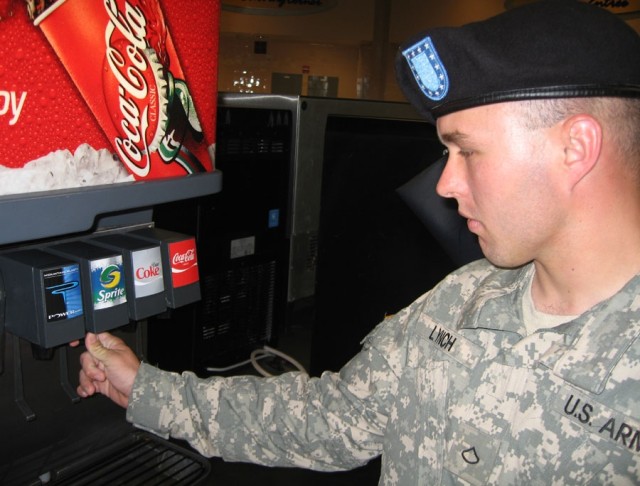
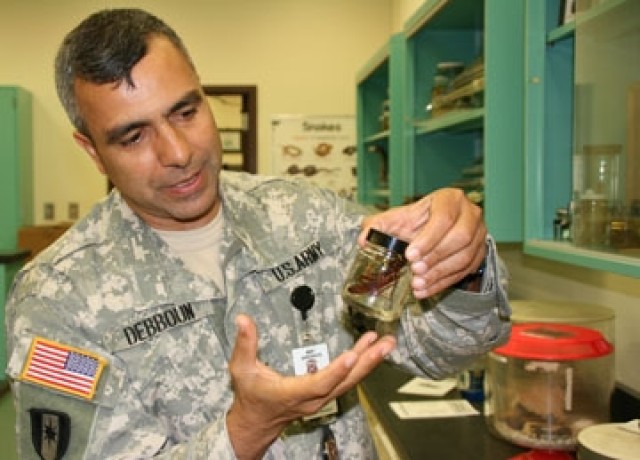
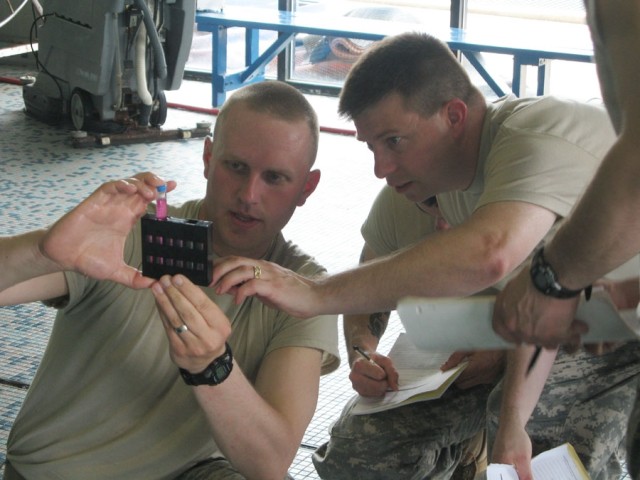
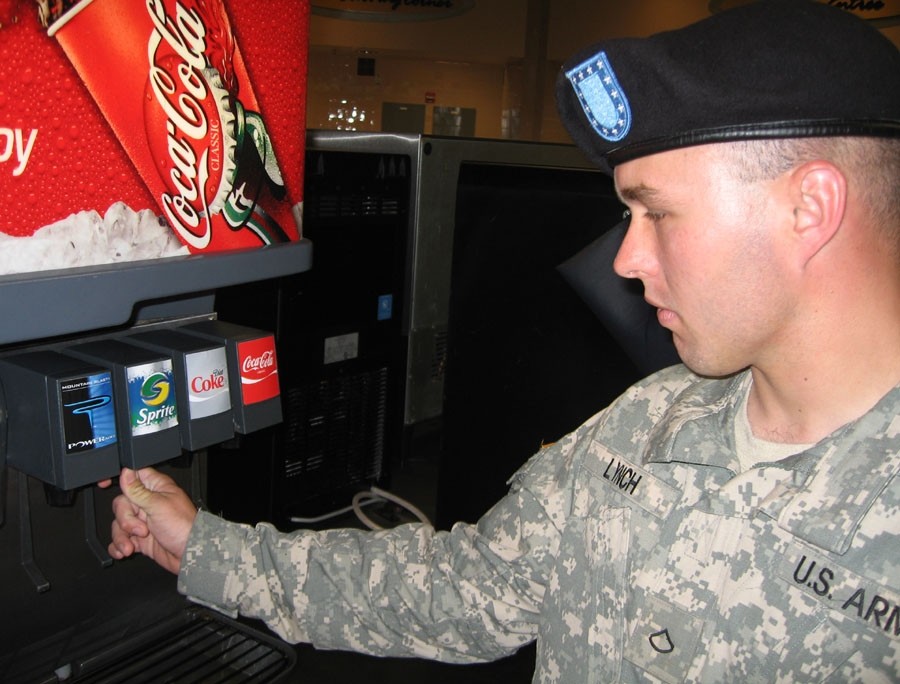
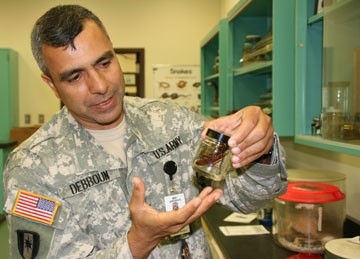
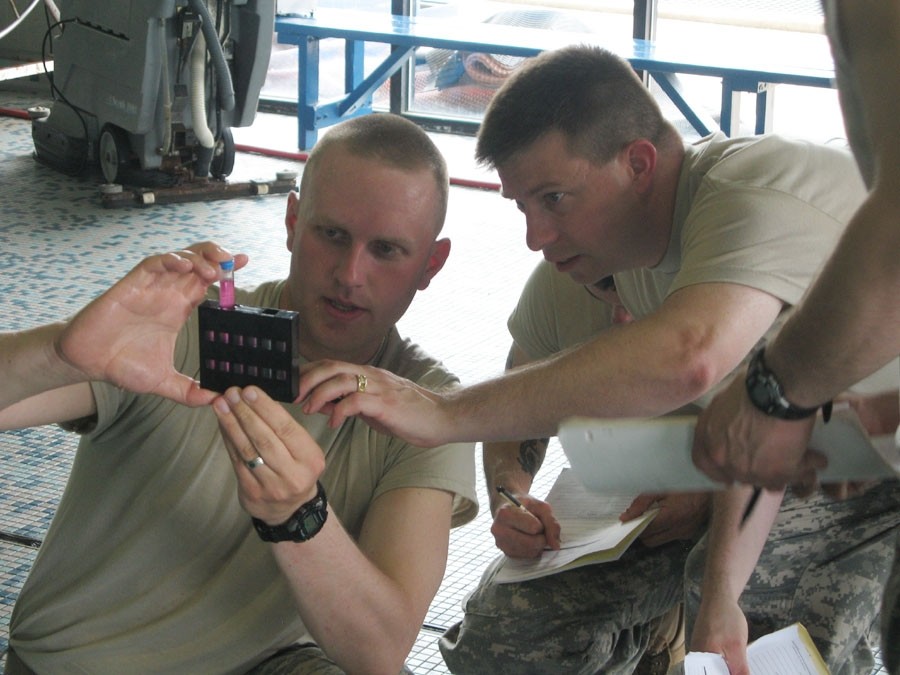
Social Sharing